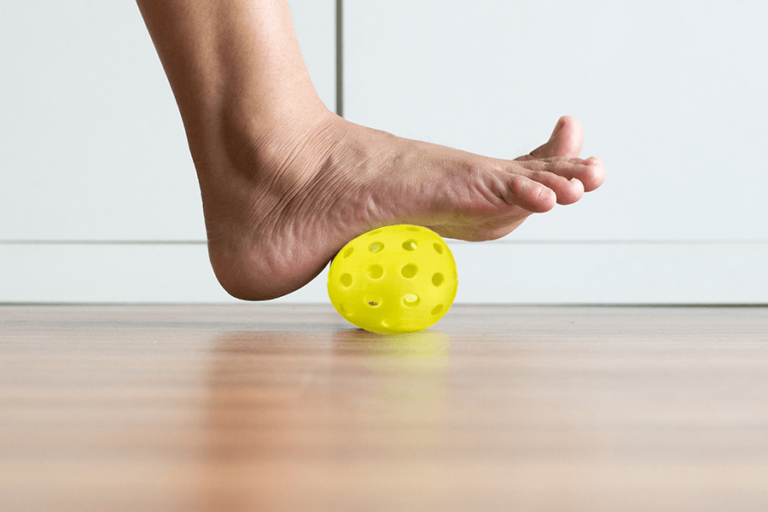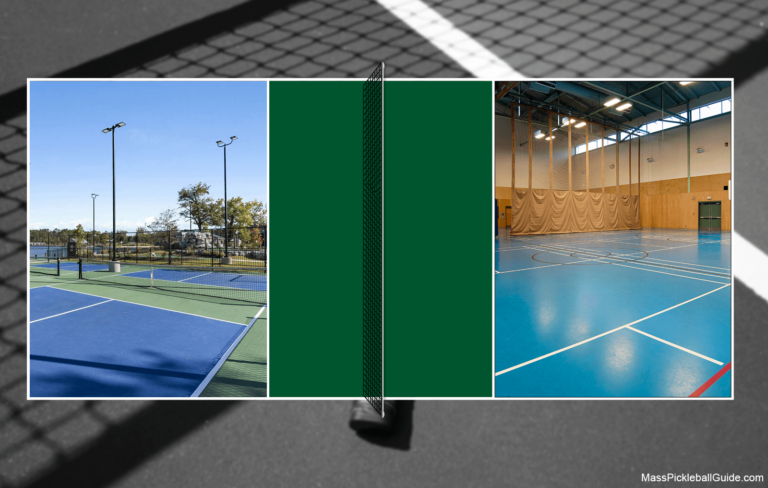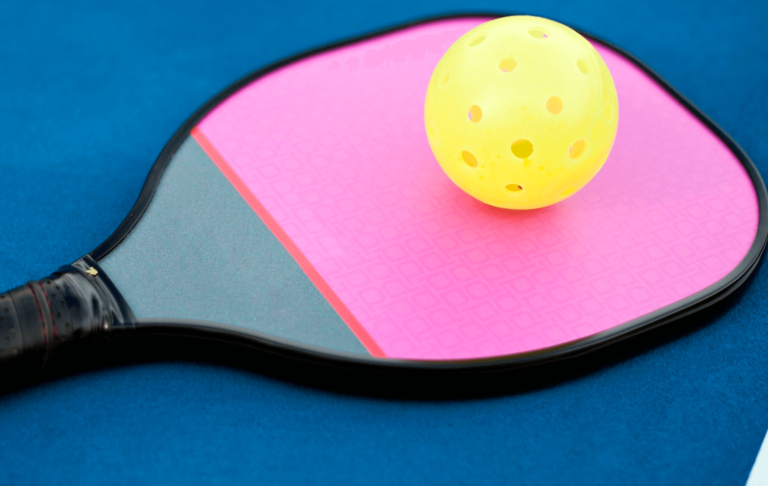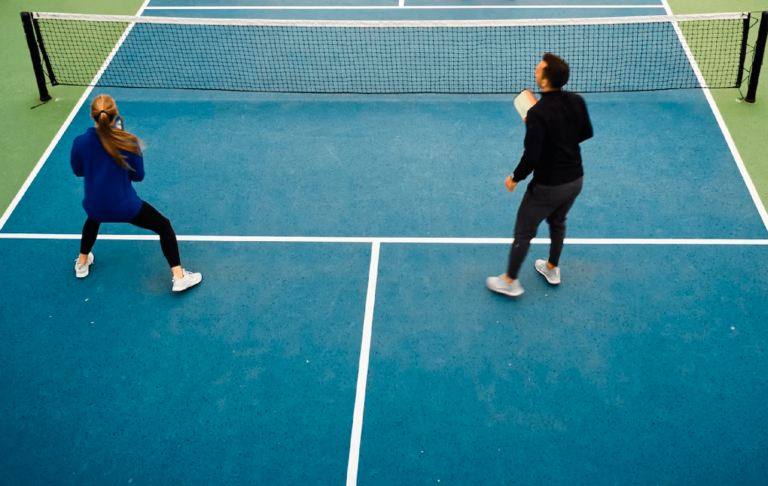Pickleball Pre- and Post-Game Etiquette
more than a game
As pickleball’s popularity skyrockets, so does the importance of understanding both the official rules of the game and the unwritten guidelines that govern player conduct.
The rules are the rules but there is so much more to pickleball that whacking around a ball. It’s a social game in the beginning but can turn into a passion virtually overnight – we should know!
Here’s the interesting part…
Whether you’re a seasoned player or new to the sport, adhering to [some?] of these etiquette standards ensures a respectful and enjoyable experience for everyone on the court.
The Social Aspect of Pickleball: More than Just a Game
Pickleball is renowned for being a highly social sport, where the fun extends far beyond the boundaries of the court. Players often find that the social interactions and friendships formed through pickleball are just as rewarding as the physical activity itself. Some players even more as many a marriage has happened.
This trend of socializing with fellow players has become a significant part of the pickleball culture, making the sport a unique and enjoyable experience.
- Meet New People: Pickleball courts are melting pots of social interaction, where players from diverse backgrounds come together.
- Group Outings: It’s common for players to organize social events, dinners, or group outings, making the sport a gateway to a vibrant social life.
- Networking Opportunities: Beyond just playing, pickleball events offer excellent networking opportunities with fellow enthusiasts.

Pre-Game Rituals: Setting the Tone for Respectful Play
The pre-game phase in pickleball is about much more than just warming up; it’s about setting the stage for a game that’s played with respect and sportsmanship.
- Arriving at the Court: Arriving on time is a sign of respect for your opponents and the facility. It also gives you ample time to prepare mentally and physically for the game. Discover effective strategies for mental preparation in our article on Mental Preparation.
- Court Etiquette: Understanding and respecting the court space, including the no-volley zone or ‘kitchen’, is crucial. For more on this, check out our guide to Waiting Pickleball Court Rules.
- Choosing the Right Equipment: Selecting appropriate equipment, like paddles and balls, is vital. Get insights on the best gear with our article on Top Pickleball Apps.
- Effective Warm-Up: Engage in a warm-up routine to prepare your body for the game, reducing the risk of injuries and improving your performance.
On-Court Behavior: The Heart of Pickleball Etiquette
When the game begins, it’s crucial to exhibit behavior that reflects the true spirit of pickleball. This includes understanding the rules of the game and the unwritten guidelines that govern how players interact on the court.
- Official and Unofficial Rules: While the official rules are well-documented, the unwritten rules, or etiquette, play a significant role in the game. These include gestures like a friendly nod or handshake before starting and calling out scores clearly.
- Avoiding Faults: Familiarize yourself with common faults, especially in the no-volley zone, to keep the game fair and enjoyable for everyone.
- Respecting Opponents and Officials: Treat your opponents and game officials with respect, regardless of the game’s outcome. This includes avoiding arguments and accepting calls gracefully.
- Maintaining Positive Atmosphere: Keep the atmosphere light and friendly. Positive behavior on the court contributes to everyone’s enjoyment of the game.

Post-Game Interactions: Beyond the Court
The game doesn’t end with the final point. Post-game interactions are a vital aspect of pickleball etiquette, contributing to the sport’s social and friendly nature.
- Sportsmanship in Victory and Defeat: Whether you win or lose, it’s important to show good sportsmanship. A simple “good game” or a handshake goes a long way in maintaining a positive environment.
- Post-Game Discussions: Engage in friendly post-game discussions with your opponents. This can be an opportunity to learn from each other and build camaraderie.
- Self-Reflection: Take some time to reflect on your performance and behavior during the game. This helps in continuous improvement and maintaining a high standard of sportsmanship.
- Feedback and Improvement: Constructive feedback from and to your opponents can be invaluable. Always aim to give and receive feedback in a respectful manner.







